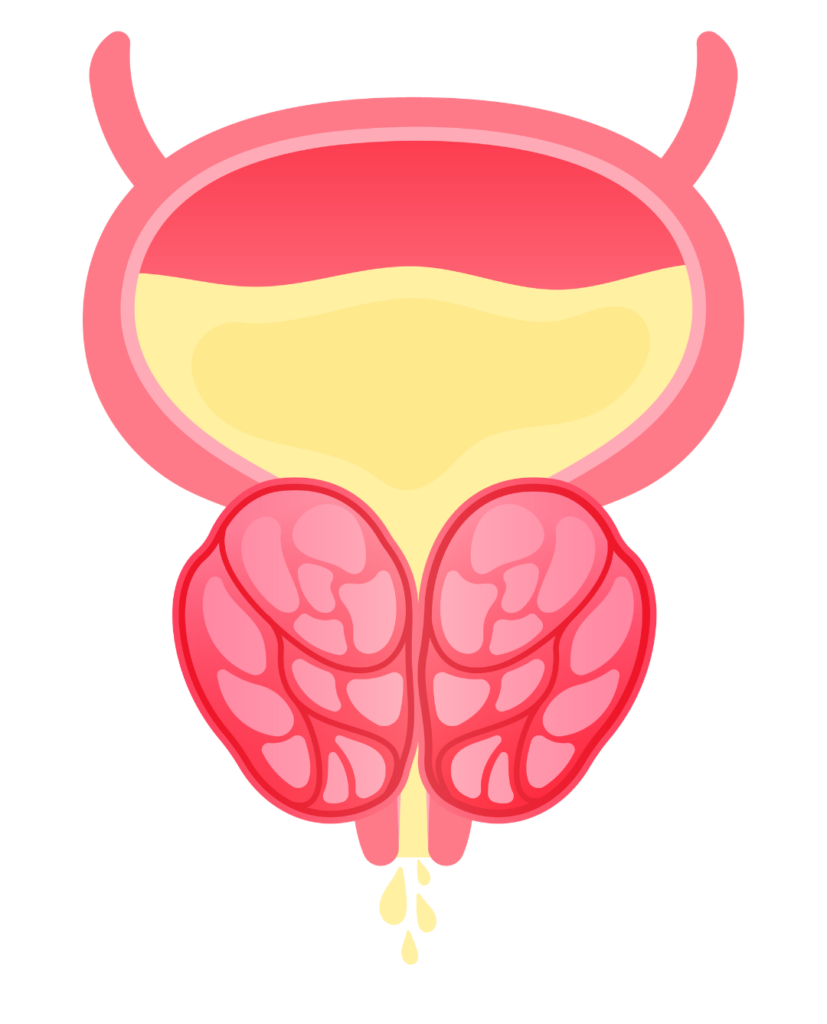
Benign Enlargement Of Prostate Treatment In New Delhi
India| Common Questions About BPH
On this page Dr Vijayant Govinda Gupta discusses benign prostatic hypertrophy treatment. Dr Vijayant Govinda Gupta is a urologist in Delhi India and is extremely popular among patients to treat BPH. You can review his work profile here.
Benign Prostatic Hypertrophy (Bph) Treatment In New Delhi India
See My Video On Prostate Symptoms
As a qualified urologist, I specialize in the management of benign prostatic hypertrophy. On this page I discuss benign prostatic hypertrophy or benign enlargement of prostate (also called bph/ benign prostatic enlargement/ bep) and BPH symptoms.
What Is Prostate?
Prostate is a sexual organ situated between your urinary bladder (urine storage organ) and your urine pipe (urethra).
What Is BPH/Benign Prostatic Hypertrophy
The prostate gland is normally small. It is approximately less than 10 ml in size. But with age in some men, the gland can increase in size. As the gland increases in size, it will start coming in the way of your urine flow. Imagine a pipe through which water is flowing. Now, imagine a stone stuck in the middle of that pipe. That s how an enlarged prostate will cause obstruction in your urine flow.
But it is not so simple always. Though this is the most common mechanism, there are many other diseases of the urinary tract that can cause similar symptoms. Sometimes old age, infection, cancer can itself cause such problems. And rarely, men with small prostates may actually develop obstruction. All these situations need to be ruled out before starting treatment, as a wrong treatment can cause long term problems in your daily lifestyle.
What Are The Symptoms Of Prostate Enlargement?
There are many symptoms of BPH/benign prostatic hypertrophy. The most common ones are explained below.
Nocturia – Getting up at night to pass urine, usually more than once. Most elderly gentlemen will get up once or twice to pass urine. That is normal. If you have a cardiac disease or diabetes or drink a lot of water, you may get up more than that. But, if you are getting up more than twice, it is disturbing your sleep, you are not able to sleep after passing urine, you are having difficulty reaching the toilet or you are wetting your clothes or the bed, you need further evaluation.
Frequency – Going to pass urine more than normal during the day time. Different people pass urine different number of times. It depends on age, body weight, medications, amount of fluid intake etc. But, if you have noticed increase in the number from your routine, and you are concerned as it is affecting your daily routine, its called frequency.
Urgency – Extreme need to go to the bathroom that is difficult to control. You may actually dribble or wet your clothes before even reaching the bathroom or unzipping.
Poor stream/Dribbling/ Loss of pressure – If you are felling a loss of pressure in your urine stream, your urine dribbles on your feet, doesnt fall into the pot or the stream looks or feels thin.
Feeling of incomplete emptying – Do you feel that after passing urine, you dont feel satisfied that you have passed all the urine. That you still have some urine left inside and you keep trying to pass it.
Pain/ Blood in urine/ Burning in urine
What Is AUA Symptom Index ?
To quantify your symptoms into a number, the american urolgical association or AUA has developed a score. You can take this test here.
Consult at admin@drvijayantgovinda.com.
Your AUA score can predict your need for treatment or surgery.
What Are The Diagnostic Tests For BPH/Benign Prostatic Hypertrophy?
Before you move on to treatment options, your doctor would like to know a few more things. These tests are supplementary. In BPH, it is of paramount importance to treat your symptoms rather than your investigations.
Uroflowmetry – In uroflowmetry, you would be asked to urinate into a machine. The machine will give a report that will dispaly your urine stream, its strength and how much urien you are passing.
Ultrasound – An ultrasound is required to see the size of the prostate, the status of your kidneys and the bladder.
Serum Creatinine – This blood test will let your urologist know, whether your prostate/bph is affecting your kidneys.
Serum PSA – Tumor marker for prostate.

